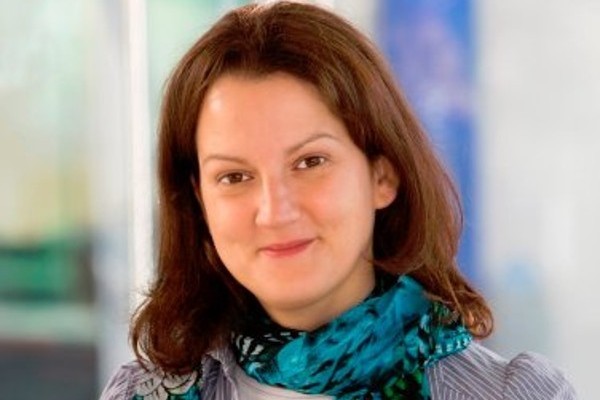

& Acting Head of Graduate Studies at Tyndall.
1. During these extraordinary times, what are research students’ biggest concerns?
These are very unusual times, and all our students have many different concerns. Many are worried about how their research can progress when we aren’t allowed to visit the facilities, or potentially on what to work on while they are away, and also overwhelmed with the amount of information and news headlines on COVID-19. Some of our international students went home to be close to their loved ones, and others stayed but may be feeling lonely and vulnerable at this difficult time. We need to ensure that we all reach out to each other and to look after our mental health.
2. Who should students reach out to with their concerns and what supports are in place?
The first point of contact in most cases is their supervisors. Supervisors are well equipped to help with the majority of concerns and are able to rationalise the work load, helping with a plan of action. The Graduate Studies team at Tyndall (Orla Slattery and I) is available to any Tyndall student who needs advice or help. We can assist, mentor and guide students to help them transition through this tough phase. We published common concerns and suggestions on our website here. Some students may be lonely and need a further helping hand. The UCC student FAQs and CIT FAQs are a great first step, but also reaching out to the student counselling services and potentially even to the UCC crisis hotline on 086 1800280. The Samaritans are also open 24/7 on 116 123. Students should reach out to ourselves in Tyndall or these support services should they need some guidance.
3. What measures have the graduate research community taken?
Most of our teams are meeting regularly using video platforms, and many are creating a number of initiatives such as “coffee mornings”, virtual chess competitions, and many other meet-ups. Staying connected is the most important thing at the moment to keep the spirits up. Many teams are focused on writing research projects and papers, which is a great focus to help them continue with research while away from the labs. We discovered last week that the research webinars were really well attended, as it gives people something else to think about or something new to learn.
It’s important to continue to celebrate the everyday wins, little or large – be it research advances, awards, funding, successful viva voces, etc. Recently we hosted our annual Postgraduate Publication of the Year competition in Tyndall and will be soon sharing the research excellence of our talented students on social media with a hope to inspire other students.
4. And finally, how are you Fatima, and what are you and your family doing to cope with this new way of living?
This crisis is unknown to all of us. Working from home today is not like it was a couple of weeks back. The whole family is at home, and although they focus on their own work some of the time, it is very challenging to balance it all. I have also found the news overwhelming, and worrying about my parents and family back in Brazil. They are “cocooning” themselves for now, but it is a constant worry. For me, trying to focus on work and the constant video meetings with the smallies screaming for attention is not easy at all. Some days are better than others. Listening to mindfulness music in the background, doing some yoga, baking, and going for walks (with my 2km limit!) have helped a lot!
